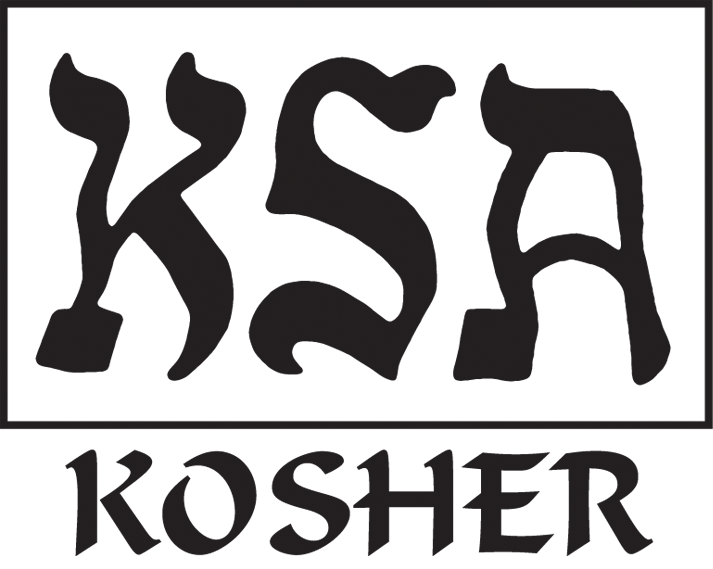 A few weeks ago, my six-year-old daughter did something that greatly upset one of my professional colleagues. At the same time, it made her father enormously proud.
A few weeks ago, my six-year-old daughter did something that greatly upset one of my professional colleagues. At the same time, it made her father enormously proud.
It happened when I took her to a television taping. While I answered questions, my daughter chatted with the show’s associate producer, a bright, capable TV veteran I’ve known for nearly a decade. This producer seemed specially delighted; she fussed and cooed over Sarah’s hair, ribbons and frilly dress, then brought her colored pens, blank paper and glasses of orange juice.
When I finished my interview, I saw that my daughter had also received a large imported chocolate bar in a gold foil wrapping. “Daddy, look what Cindy gave to me!” she said proudly. “But I didn’t open it because maybe I think it’s not kosher. Will you look and see and check if it’s okay?”
Our children have lived all their lives in a kosher home and they know that unfamiliar products should be checked for the recognized insignia that certifies that all ingredients conform to Jewish dietary law.
My daughter was hoping against hope that I’d detect some excuse in the fine print on the wrapper that she hadn’t been able to find, but the absence of any visible certification created a problem. “I’m sorry, Sarah,” I said, handing it back to her after a careful search. “I just don’t see any kosher mark.”
My six-year-old looked crestfallen for just a moment, but quickly recovered and bravely passed the bar back to the lady who had given it to her. “Thank you,” she said with a shy smile, “I’m sorry I can’t eat it.”
The episode might have ended here, except that Cindy felt it deserved further discussion. “I can’t believe what I just saw!” she exploded and set on to berate me—and, by implication, my wife — for destroying Sarah’s sense of fun and spontaneity, encouraging compulsive behavior and contaminating our kid with fearful and superstitious ideas. She found it “scary” that the kid gave up a piece of candy she obviously relished “like some zombie follower of David Koresh.”
Worst of all, Cindy believed that this sick, authoritarian emphasis on kosher minutiae would cripple my child’s ability to reach decisions for herself and would make her grow up feeling different from other kids.
It’s hard to believe that Cindy would have responded in the same emotional way had Sarah given up the chocolate bar for some other reason — because it was too fattening, for example, or too high in cholesterol. It was precisely the religious basis for the sacrifice that made it seem so irrational and unwholesome.
This is one aspect of the so-called “culture war” that is seldom noted: in the same way that traditional believers are occasionally appalled by what they consider the heedless indulgence of secular America, secularists are often horrified by what they perceive as the pointless restraints and rituals of religion.
The practice of drawing distinctions — which represents such an important focus of Jewish tradition — seems arbitrary and threatening to many non-religious people.
I believe with all my heart that my daughter’s childhood training in making such distinctions will stand her in good stead as she grows older. It seems to me a beautiful thing—not a neurotic distortion—that a little girl is able to cheerfully sacrifice the sweet taste of candy for the sake of a set of external standards.
I can think of no more valuable gift I can give my children than equipping them to resist the pressure of their peers and to fight the all-powerful adolescent instinct to go along with the crowd. A person who examines every bit of food she consumes may learn to evaluate more important aspects of behavior with similar care.
In short, I’m proud of my Sarah. There’s an out-of-fashion, still useful word that can be applied to the trait she displayed.
They used to call it character.
